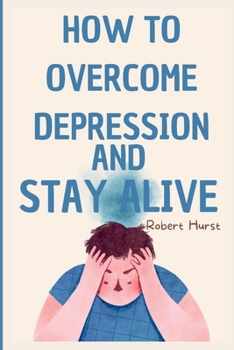HOW TO OVERCOME DEPRESSION AND STAY ALIVE
Depression
Depression is a medical disease that impairs your mood and capacity to operate. Depression kinds include clinical depression, bipolar depression, dysthymia, seasonal affective disorder, and others. Treatment methods vary from psychotherapy to pharmaceuticals to brain stimulation and alternative treatments.
Causes and Risk Factors Diagnosis and Tests Management and Treatment Prevention Outlook / Prognosis Living With Depression.
OVERVIEW
Depressive symptoms include feeling sad, worried, or hopeless. The illness may also cause trouble with thinking, remembering, eating, and sleeping. A diagnosis of major depressive illness (clinical depression) indicates you have felt sad, down, or worthless most days for at least two weeks while also experiencing additional symptoms such as sleep difficulties, lack of interest in activities, or change in eating.
Without therapy, depression may become worse and linger longer. In extreme circumstances, it may lead to self-harm or death. Fortunately, medications may be highly helpful in alleviating symptoms of depression.
How frequent is depression?
Depression is widespread all around the globe. Healthcare practitioners estimate that roughly 7% of American people develop depression every year. More than 16% of U.S. people - roughly 1 in 6 - may suffer depression in their lifetime.
Related Subjects
Psychology




